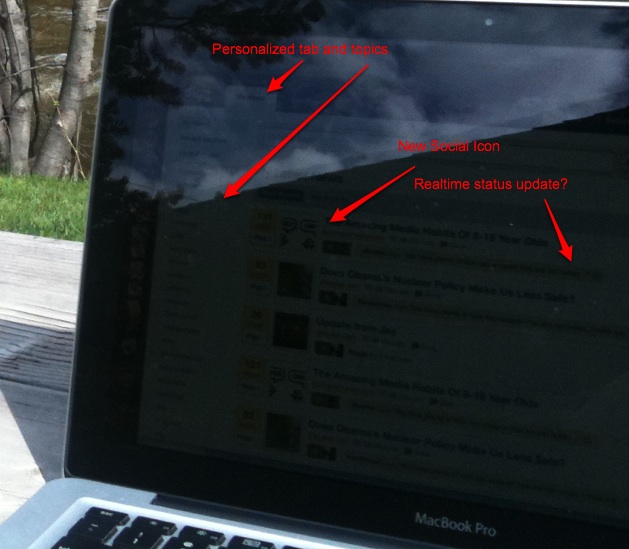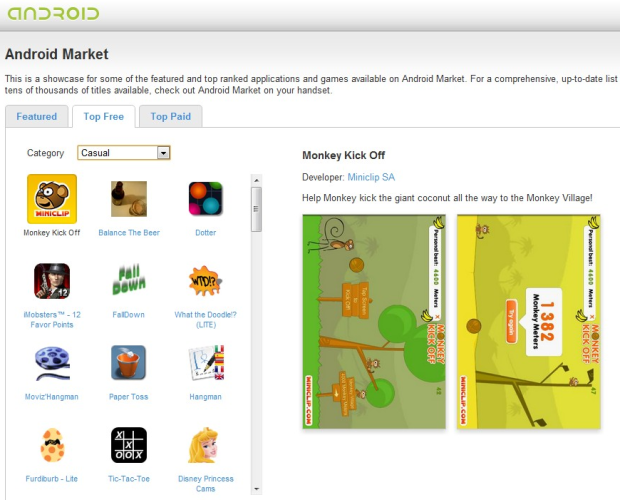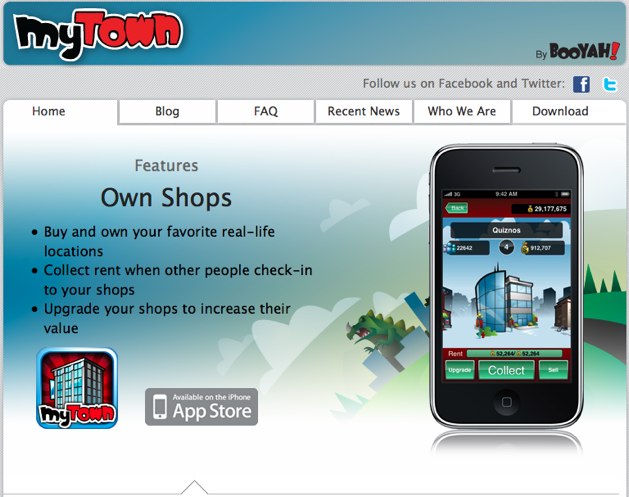 Joost’s former CEO Matt Zelesko is announcing a new role today at Inform Technologies, a company that helps media companies sort and tag content on their sites. Zelesko will be taking on the role of Chief Technology Officer, overseeing all technology development and operations for the company.
Joost’s former CEO Matt Zelesko is announcing a new role today at Inform Technologies, a company that helps media companies sort and tag content on their sites. Zelesko will be taking on the role of Chief Technology Officer, overseeing all technology development and operations for the company.
Prior to joining Inform, Zelesko was CEO of video aggregator Joost. The failed video venture was started by Skype founders Janus Friis and Niklas Zennström and was eventually acquired by Adconion Media Group for an undisclosed sum. Though the video network has had a tumultuous past, the video network seems to be driving impressive amounts of traffic. Prior to joining Joost, Zelesko was VP of engineering for Comcast Interactive Media where he was responsible for the development and delivery of all CIM web properties, including the Comcast portal and Fancast.










